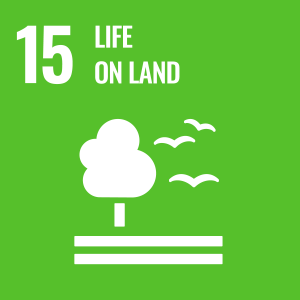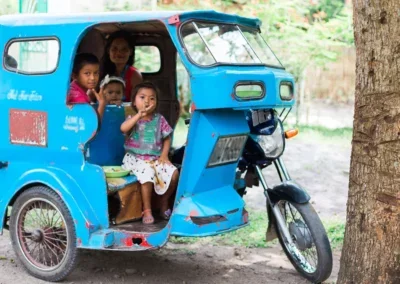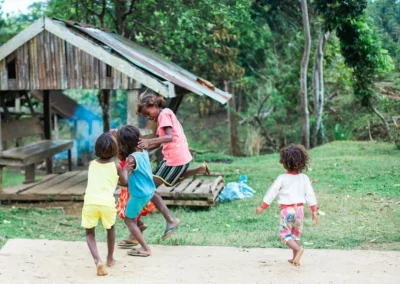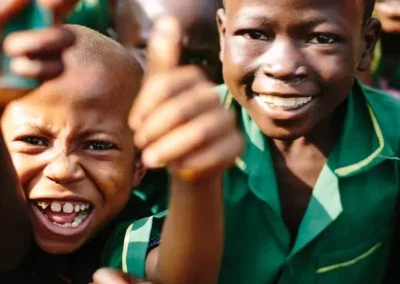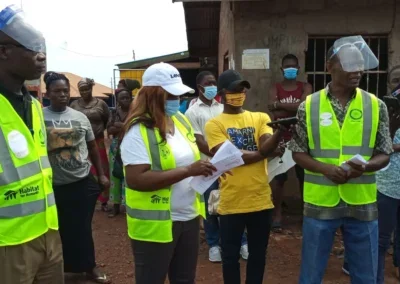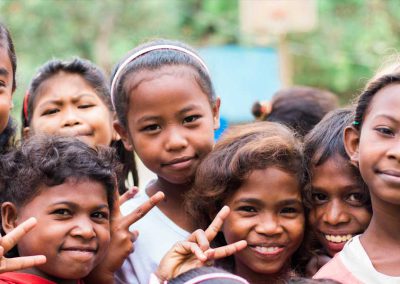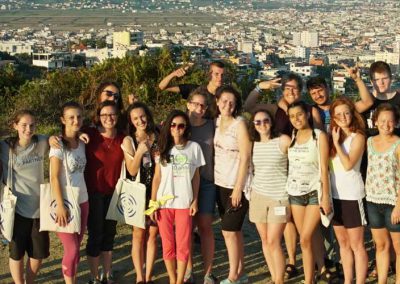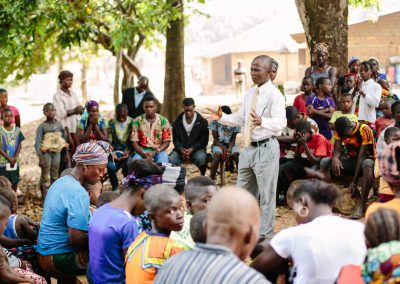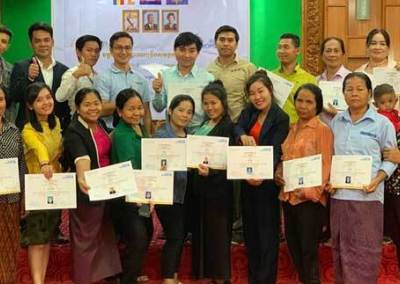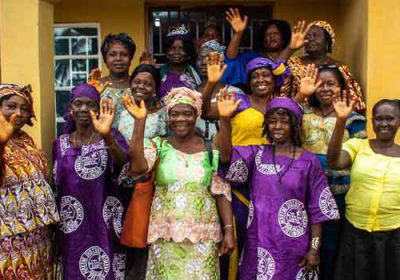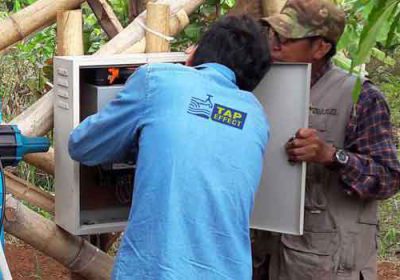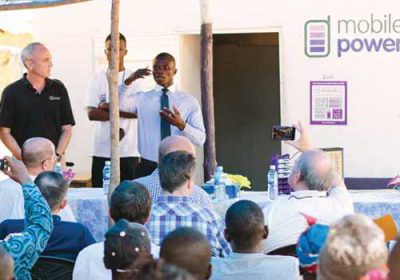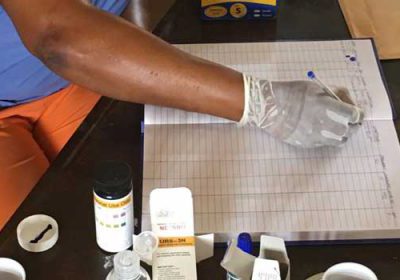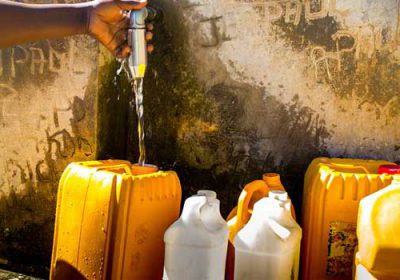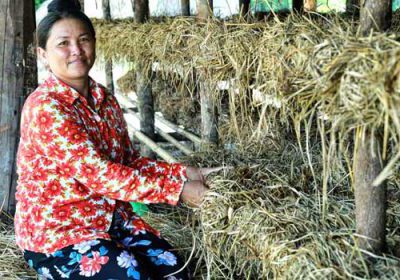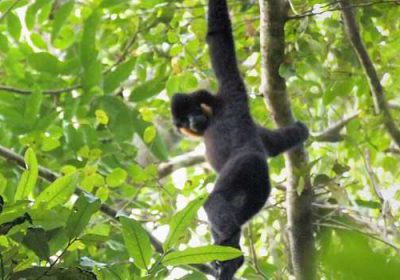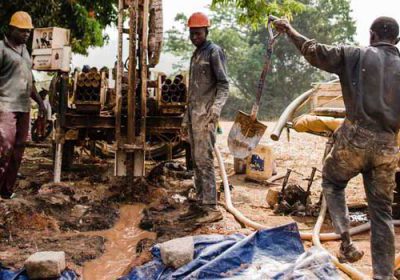Jahoo Gibbon Camp
A sustainable income model that provides local villagers with a strong incentive to conserve endangered primates and their habitat
Resources
- More Information
- A film about the Bunong: “Last of the Elephant Men“
- News article in the Southeast Asia Globe: “Uprooted”
- Related Blog
Ecotourism supporting nature conservation and sustainable community development
The Keo Seima Wildlife Sanctuary (KSWS) in Mondoulikri, Cambodia, contains globally important populations of endangered primate species and the forest is the ancestral home of the Bunong ethnic minority, who are amongst the poorest in Cambodia.
The Bunong’s livelihoods depend heavily on the natural environment but tragically, the destruction of the forest and the modernization of society have left them with limited livelihood options.
Nature-based tourism is a mechanism that can benefit both local people and wildlife by providing sustainable financial benefits to the community that are directly linked to the conservation of wildlife and their habitats–and that is exactly what the Jahoo Gibbon Camp seeks to accomplish.
Project Goals
- To increase community conservation efforts within the Indigenous Community Title (ICT) and Keo Seima Wildlife Sanctuary (KSWS) of the Mondul Kiri province to preserve endangered species, including the globally endangered Yellow-cheeked crested gibbon and Black-shanked douc langur.
- To increase wildlife-based tourism within the region in order to ensure conservation efforts are linked to sustainable development and to increase gender equity within the community by encouraging women’s empowerment and engagement in conservation initiatives.
Expected Outcomes
- Increased collective ownership and protection around the KSWS
- Heightened economic development due to rennovations of the eco-tourism project managed by the Bunong community at the Jahoo Gibbon Camp
- Promotion of women to positions of influence in the community
- Improved governance of the ICC
- Improved WASH understanding and capacity within the community
“Jahoo offers hope of an alternative livelihood that could reconnect Bunong with their forest and its wildlife as a source of income and pride.”
WILDLIFE CONSERVATION
Jahoo Gibbon Camp will help to raise community awareness on the importance of wildlife conservation for sustainable development through employment in the ecotourism industry, dialogue and action within the community including community ranger patrols and educational events, and use of a Village Development Fund (VDF) to be invested in community development projects including clean water, health, and sanitation.
COMMUNITY GOVERNANCE
The World Hope team provide training and continued mentoring to improve the governance of the Indigenous Community Committee (ICC) to manage ecotourism, stop illegal activities that threaten wildlife and take the lead on conservation efforts on indigenous lands by launching community patrols with government partners to protect their natural resources from external threats such as loggers, hunters and land grabbers.
GENDER EQUITY
In a region where women are still oppressed and face harsh realities of violence and poor education which impact not only them, but the children they raise, gender equity is of absolute necessity. The project involves men and women equally and will promote women to positions of influence at Jahoo and within the various committees, including the ICC and the ecotourism committee which oversee the direction of the Jahoo community project.
Tours at Jahoo begin from a unique forest camp, built using local and renewable materials inspired by traditional Bunong building design. Expert Bunong forest guides lead visitors through the forest to observe wildlife. At the camp, you can enjoy comfortable accommodation, forest showers and Bunong cuisine cooked by local cooks, and one-day, overnight, and longer visits to Jahoo can be organized. More Information



